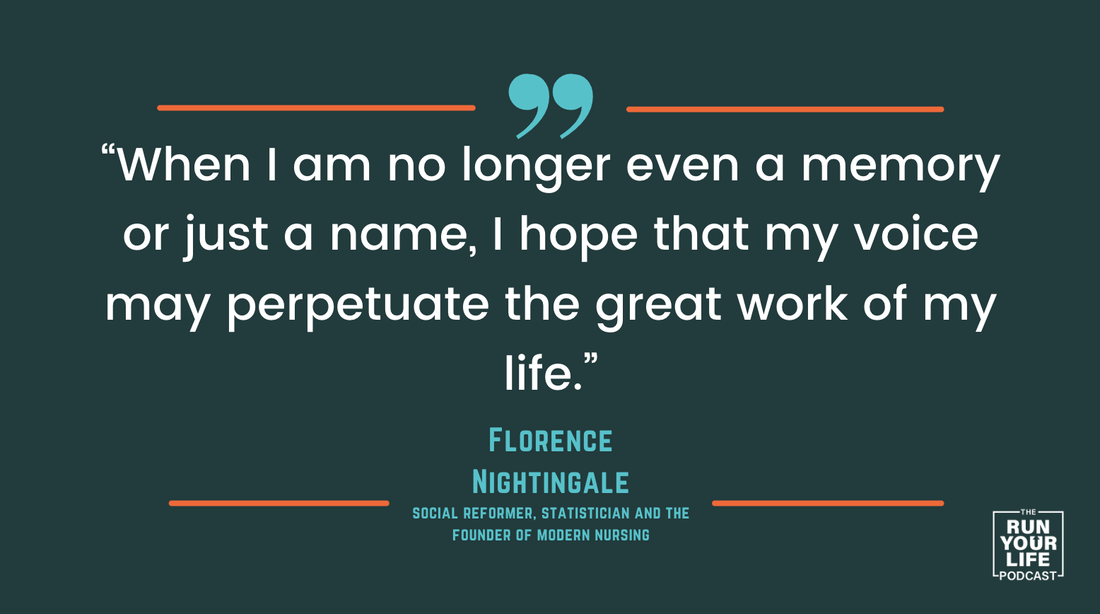|
Traditional leadership would have us believe that emotions are not supposed to be shared and that a strong and lasting presence must be shown at all times.
Traditional leadership would also suggest that intellect and a deeply strategic sense always prevails. Charging ahead full force is the only way forward. Do not show weakness or back down. Ensure that everyone around you knows who calls the shots, who has the last voice at the table. Instilling an edge of fear in the workplace ensures that everyone knows the rules to play by. These are the things the traditional leadership playbook suggests must be put into action in order to be effective. Is There Another Way? The most recent evidence around leadership clearly shows that people, in general, deeply value and appreciate leaders who demonstrate authenticity. They want leaders who prioritize social connection over the facade of strength and being the knowledge authority. The feedback also shows that: People want to be led and encouraged, not controlled. People want to be valued and seen, not invisible. People want to be autonomous in the work they do, not micromanaged. The most striking attribute about great leadership is not intellectual capacity, nor their ability to stand up in front of their people and control the stage. It’s so much more than that. The best leaders are true to themselves. They make themselves vulnerable. Not in a sloppy ‘pour all their emotions out way’, but rather, in a genuine style that is much more authentic than this. Great leaders speak their mind. They can make the tough calls. They are firm in their decisions. But those decisions come from juggling the fine balance needed between the vision/mission and what they know is best for their people. And they rarely deviate from this path. The best leaders understand that their legacy will be defined by the way they made people feel. They always remember who it is that they ultimately serve (which is not themselves). Near the end of Florence Nightingale’s life, she deeply contemplated the impact that her work had in the world. With death closing in on her, she carved out the following words on a wax tablet. It was these exact words that summarized her biggest hope about the impact she had in the world: “When I am no longer even a memory or just a name, I hope that my voice may perpetuate the great work of my life.” Florence knew that it was never about her, but more so the lives she saved and the people she changed through her work. She knew that her memory would long be forgotten, but what mattered most was the impact she had in her field. If you are a leader reading this, how do you self-check and hold yourself accountable? How do you ensure that you put your ego aside and remember who it is you serve? And lastly, to what extent are you willing to look closely at yourself and the actions and the words you use in order to better understand your true impact? As always, these posts are meant to provoke thought about what it means to be a great leader. It’s not about having the answers, but more so about sparking deep thought about what is possible in regards to the genuine impact that you have as a leader. And always remembering that life is short and that you are privileged to have the role you do. Thanks for reading.
2 Comments
3/11/2024 04:07:30 am
Reply
Leave a Reply. |
AuthorKAUST Faculty, Pedagogical Coach. Presenter & Workshop Leader.IB Educator. #RunYourLife podcast host. Archives
September 2022
|
- Welcome
- All Things Teaching and Learning
- The Aligned Leader Blog
- Consulting and Coaching Opportunities
- My TED X Talk
- My Leadership Blog
- Run Your Life Podcast Series
- How PYP PE with Andy Has Helped Others
- Good Teaching is L.I.F.E
- The Sportfolio
- Example Assessment Tasks
- PYP Attitude Posters (printable)
- Publications

 RSS Feed
RSS Feed
